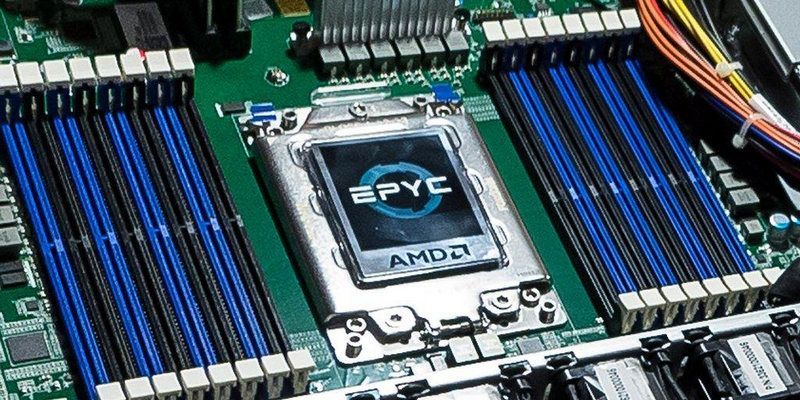Google estimates about its Cloud services that this new technology from AMD will benefit back-office applications and web servers as they will perform better than their current configuration. AMD’s new technology is also used in cloud services such as Microsoft Azure, Amazon Web Services and Oracle.
The second-generation EPYC processors have skyrocketed Amazon Web Services (AWS Cloud)
According to Matt Garman, vice president of AWS, these processors are easy to implement and help reduce costs by 10%, as their customer Expedia experiences. Amazon’s cloud division implemented AMD technology in November 2018.
Google and AMD have a long tradition of working together. During the corporate processor event held in San Francisco, the companies recalled the millionth server built-in 2008 based on an AMD chip.
“We are proud to be the first to deploy the latest AMD platform in the data centers that will support our products,” Google said in a statement.”
” Demanding computational workloads determined by memory bandwidth, like financial simulations, memory analysis, and climate modeling, can use up to 60% more memory from the platform than existing instances.”
Lisa Su is confident about AMD’s future for the Cloud Computing
“Our promise is to provide customers with more performance, lower price, and more flexibility,” said Lisa Su, CEO of AMD, during the presentation in Rome. When Amazon, Microsoft and Google leverage AMD’s available technology, we will have an open ecosystem for technology vendors to help solve problems.”
AMD processors are already in use in Microsoft and Amazon cloud services, in addition to being available in Google’s cloud by the end of 2019. The amount of information generated daily per minute and the amount of memory in the cloud require processors that offer higher performance and therefore Google’s Vice President of Engineering, Bart Sano, announced the implementation of the new AMD EPYC second-generation Rome processors.
